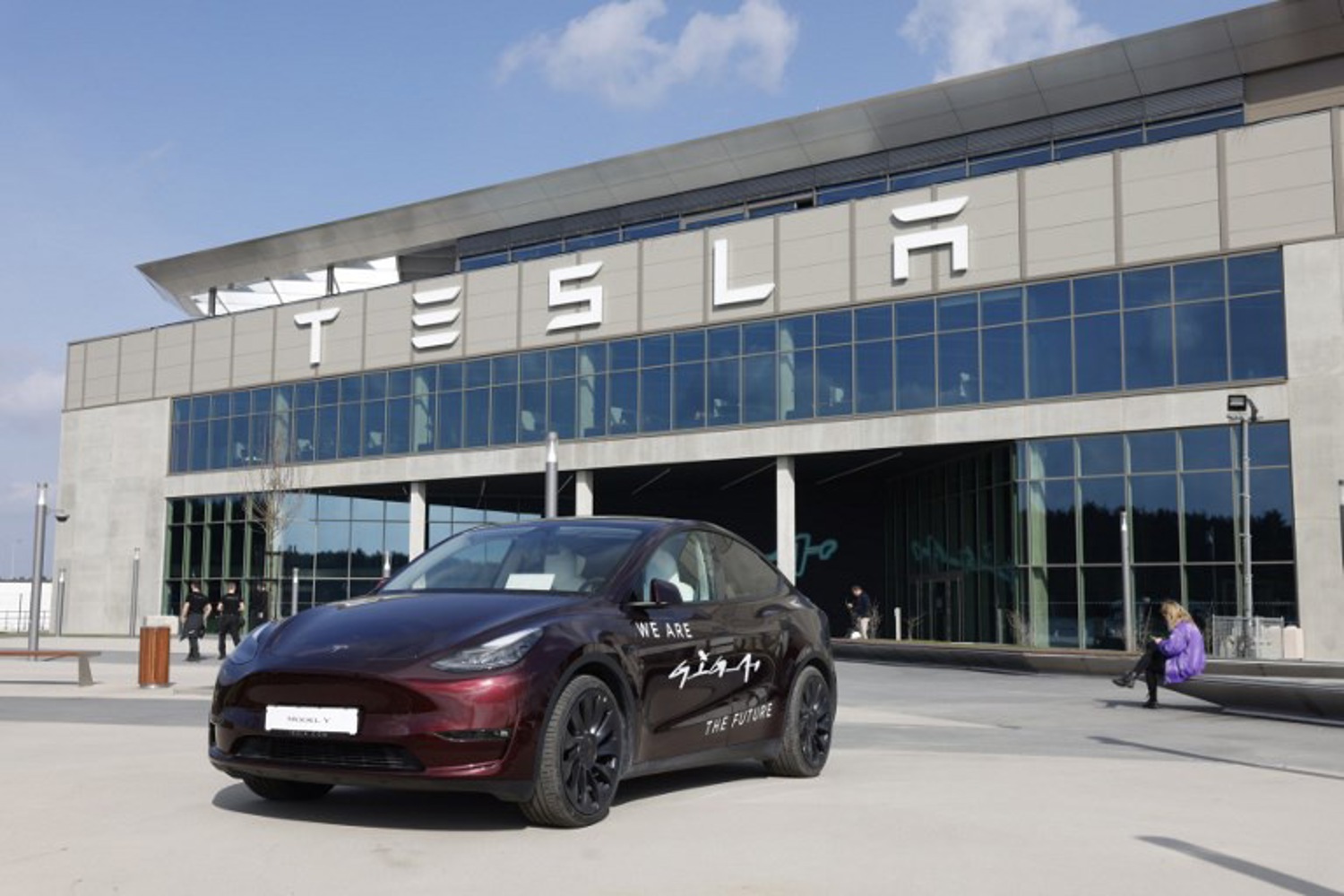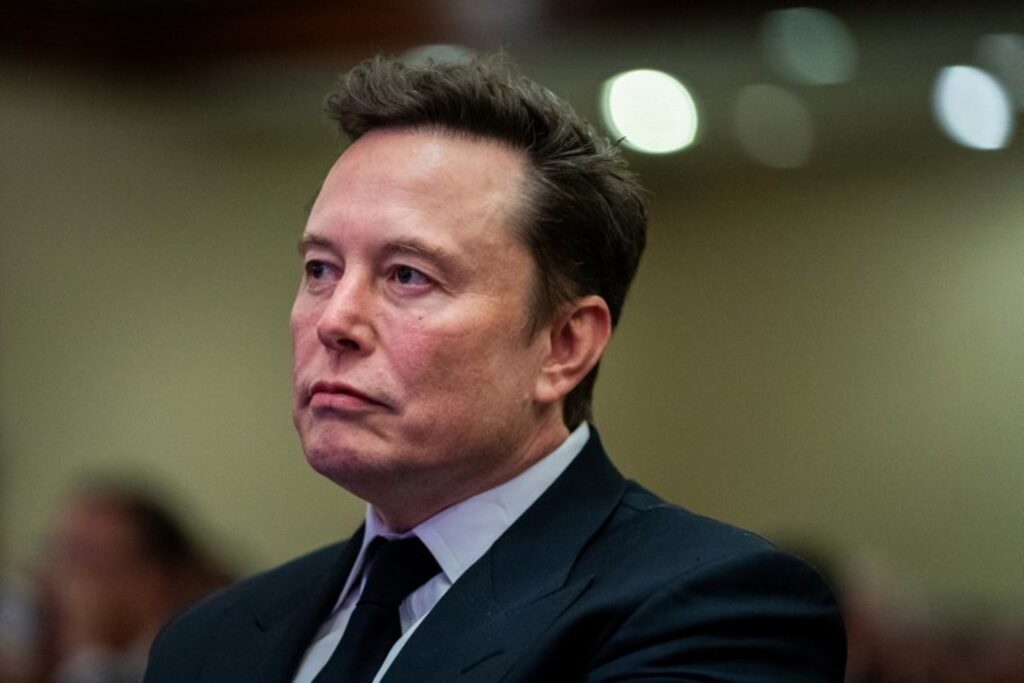Tesla’s sales in the European Union dropped by 36% in March compared to March 2024 and nearly halved over the entire first quarter, as reported by the European Automobile Manufacturers Association (ACEA) on Thursday.
The brand has been affected by both Elon Musk’s reputation and an ageing product range, leading to a 45% decline in registrations in the EU since the start of the year, down to 36,167 vehicles from 65,774 in the first quarter of 2024, marking the largest relative decrease among major automakers.
Despite Tesla’s decline, registrations of electric vehicles rose by 17.1% year-on-year in March, comprising 15.2% of the market.
Tesla has faced vandalism, calls for boycotts, and protests in both Europe and the United States since Elon Musk aligned himself with Donald Trump, becoming an advisor to the White House and spearheading a programme for drastic federal spending cuts.
The company warned on Tuesday in its earnings report, that "changes in political sensibilities could markedly impact the demand for our products in the short term."

A Tesla Model y car stands in front of the company's plant as Tesla CEO Elon Musk visits the company's electric car plant in Gruenheide near Berlin, eastern Germany, on March 13, 2024. Credit: Belga / AFP
Tesla’s revenue fell by 9% in the first quarter, amounting to $19.3 billion.
Registrations of electric cars saw significant growth in March in Germany, Belgium, and Denmark and are beginning to take off in Spain and Italy, despite these countries lagging behind their European neighbours.
Conversely, electric vehicle registrations decreased in France by 14% compared to March 2024, still feeling the impacts of reduced ecological bonuses.
The progression of electric vehicle adoption in the EU is deemed insufficient by the automotive lobby, which highlights a "persistent gap between ambitious decarbonisation targets and the reality of slower-than-expected consumer adoption," according to ACEA Director General Sigrid de Vries.
Meanwhile, hybrid models, which feature a battery-powered electric motor but are not externally rechargeable, are gaining a stronger foothold in the European market: 35.5% of cars registered in the first quarter were hybrids, compared to 28.7% for petrol models.
Overall, the automotive market remained stagnant in March, with a slight decrease of 0.2% year-on-year.

